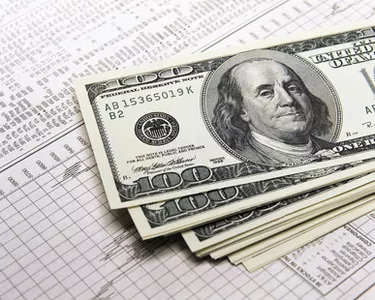
Treasury bills are short-term investments and are considered a relatively risk-free investment. Although these investments do not bear interest, the holder gains a profit by purchasing the bill at a discount and holding it until the maturity date.
Characteristics of a Treasury Bill
Video of the Day
Treasury bills, also known as T-bills, can be purchased at TreasuryDirect (see References). These bills have a face value of $100 or more but are sold at a discount. The holder of the treasury bill is entitled to the full face value of the bill, giving investors an opportunity to earn a profit. This profit becomes the bank bill rate.
Video of the Day
90-Day Bank Bill Rate Defined
Treasury bills can mature in as little as 4 weeks, but commonly mature in 13 weeks, or 91 days, which is rounded down to 90 days. The earnings gained at maturation, found by subtracting the purchase price from the face value of the Treasury bill, is the discount.
To find the annualized interest rate, multiply the discount by the number of 90-day terms in a year (4). Divide the face value of the Treasury bill by the annualized earnings to get the annual interest rate.
Tax Implications
Interest earned on Treasury bills is not taxable by state or local taxes, but it is included in your Federal income taxes in the year the bill matures. This interest is reported to you on IRS Form 1099-INT.